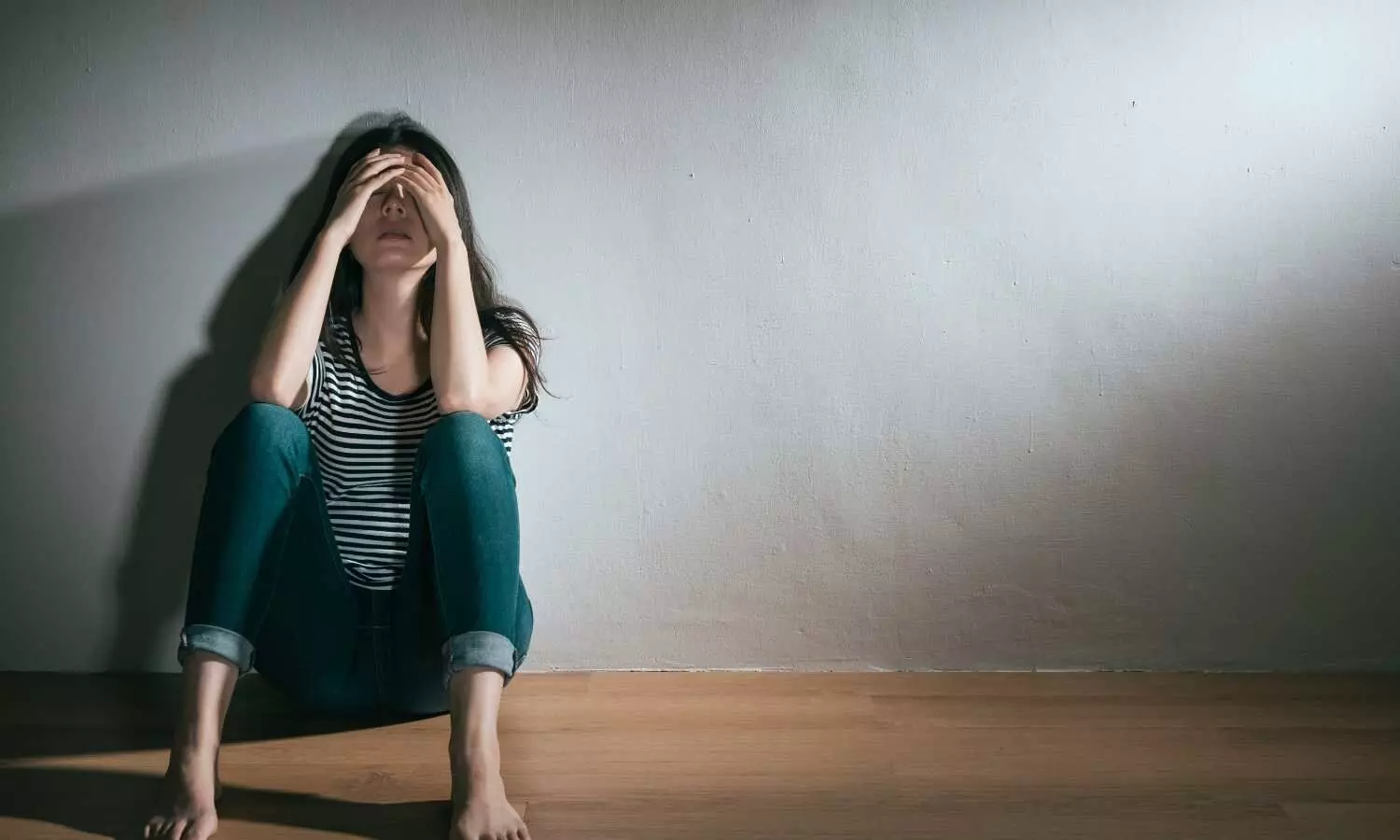- Home
- Medical news & Guidelines
- Anesthesiology
- Cardiology and CTVS
- Critical Care
- Dentistry
- Dermatology
- Diabetes and Endocrinology
- ENT
- Gastroenterology
- Medicine
- Nephrology
- Neurology
- Obstretics-Gynaecology
- Oncology
- Ophthalmology
- Orthopaedics
- Pediatrics-Neonatology
- Psychiatry
- Pulmonology
- Radiology
- Surgery
- Urology
- Laboratory Medicine
- Diet
- Nursing
- Paramedical
- Physiotherapy
- Health news
- AYUSH
- State News
- Andaman and Nicobar Islands
- Andhra Pradesh
- Arunachal Pradesh
- Assam
- Bihar
- Chandigarh
- Chattisgarh
- Dadra and Nagar Haveli
- Daman and Diu
- Delhi
- Goa
- Gujarat
- Haryana
- Himachal Pradesh
- Jammu & Kashmir
- Jharkhand
- Karnataka
- Kerala
- Ladakh
- Lakshadweep
- Madhya Pradesh
- Maharashtra
- Manipur
- Meghalaya
- Mizoram
- Nagaland
- Odisha
- Puducherry
- Punjab
- Rajasthan
- Sikkim
- Tamil Nadu
- Telangana
- Tripura
- Uttar Pradesh
- Uttrakhand
- West Bengal
- Medical Education
- Industry
Consensus on diagnosis and management of patients with major depressive disorder having pain as physical symptom

Spain: A recent article published in the Spanish Journal of Psychiatry and Mental Health reports consensus on the detection and management of patients with depression and pain as an associated somatic symptom.In an attempt to bridge the evidence gap for diagnosing and treating patients with major depressive disorders with associated physical pain, a Spanish multidisciplinary consensus panel...
Spain: A recent article published in the Spanish Journal of Psychiatry and Mental Health reports consensus on the detection and management of patients with depression and pain as an associated somatic symptom.
In an attempt to bridge the evidence gap for diagnosing and treating patients with major depressive disorders with associated physical pain, a Spanish multidisciplinary consensus panel has concluded that pain as a physical symptom is quite common among MDD patients. It occurs more than twice as frequently in women than in men. If left untreated, chronic pain lowers the probability of remission of depression and may impact suicidal behaviour/ideation.
Globally, depression is the most common psychiatric disorder and is frequently linked with somatic symptom disorders, including pain as a physical symptom. There exists a current need to improve the management and detection of the individuals in which depression and pain coexist. Hence, Víctor Pérez Solá and the research team from Spain aimed to provide recommendations for the diagnosis and management of patients with major depressive disorder (MDD) having pain as a physical symptom, to reduce the variability of clinical practice.
Following the systematic review of the literature, the scientific committee assessed the evidence and developed recommendations. These recommendations were validated by the panel group with 15 participants using a single Delphi round. To conclude, a final consensus meeting was held to redefine with minor modifications the final recommendations.
Overall, 15 panellists reached a consensus on 7 of 19 statements and recommendations, implying the need for additional research. They found Patient Health Questionnaire-9 to be the most effective for determining pain interference. Females were associated with a higher prevalence of chronic pain as a presenting symptom of depression; however, functional impairment and not pain intensity appeared to drive initial depression severity.
Chronic pain (chest, neck and/or abdomen pain) was a potentially modifiable factor for depression recurrence; an increase in the number of pain locations/severity increased the recurrence risk. Pain increases the risk for suicidal ideation fourfold.
Serotonin and norepinephrine reuptake inhibitors (SNRIs) were found to provide the most analgesic and positive effect on depression (mainly mood). Integrating nonpharmacological measures into management, especially cognitive behavioural therapy (CBT) with electronic coaching, lowered the risk for depressive episodes by 52%. Receipt of multidisciplinary management also improved response to antidepressants by 18.9% and remission by 9%.
According to the document, clinicians are encouraged to:
- Screen patients (especially female patients) with chronic physical pain as a symptom of depression using validated scales (screening in elderly patients should be done using geriatric screening scales). Screen for suicidal behaviour, even in the absence of depression. In the case of imminent risk for self-harm, patients should be urgently referred to mental health care units.
- When selecting an antidepressant, consider that serotonin-norepinephrine reuptake inhibitors (SNRIs) and selective serotonin reuptake inhibitors appear to target both and provide analgesia.
- Incorporate nonpharmacological interventions (eg, cognitive-behavioural therapy [CBT]) into management.
- Ensure detection/adequate treatment of comorbidities, especially in female patients, as well as social determinants of health.
- Consider a multidisciplinary care approach.
"The statement does not address comorbidity between bipolar depressed patients and chronic pain, limiting generalisability in MDD management. More research is needed," the researchers wrote.
Reference:
Solá, V. P., Montes, J. M., Calvo, E. T., Gasull, V., Campayo, J. G., Diez, J. M. O., Berrocoso, E., Mico, J. A., & Agüera, L. (2023). Consensus on the detection and management of patients with depression and pain as an associated somatic symptom. Spanish Journal of Psychiatry and Mental Health. https://doi.org/10.1016/j.sjpmh.2023.10.002
MSc. Biotechnology
Medha Baranwal joined Medical Dialogues as an Editor in 2018 for Speciality Medical Dialogues. She covers several medical specialties including Cardiac Sciences, Dentistry, Diabetes and Endo, Diagnostics, ENT, Gastroenterology, Neurosciences, and Radiology. She has completed her Bachelors in Biomedical Sciences from DU and then pursued Masters in Biotechnology from Amity University. She has a working experience of 5 years in the field of medical research writing, scientific writing, content writing, and content management. She can be contacted at editorial@medicaldialogues.in. Contact no. 011-43720751



